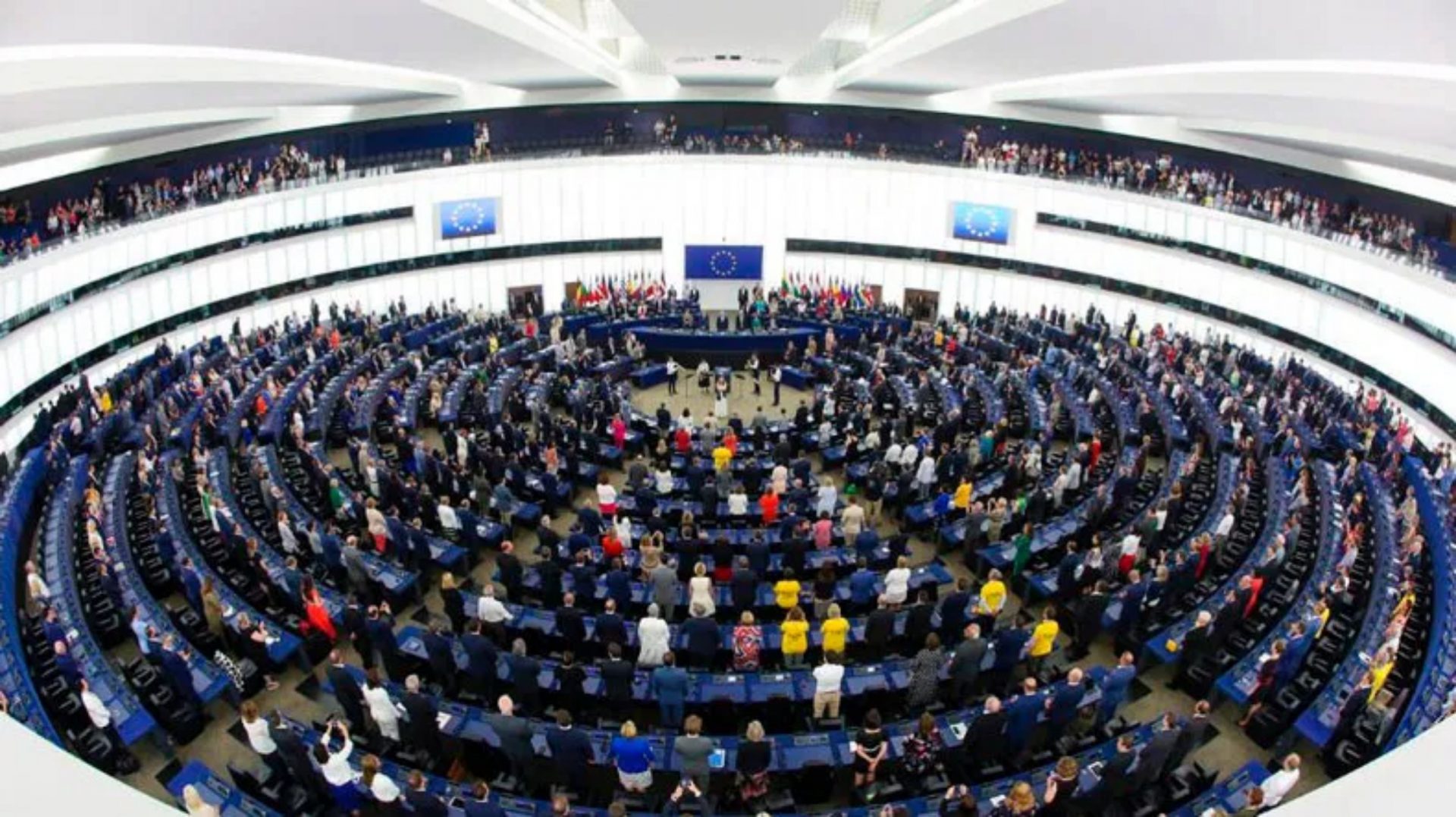Launching his latest policy brief, “COVID-19 and Universal Health Coverage”, Secretary-General António Guterres called on everyone to draw “hard lessons” from the pandemic, for which the world was not prepared.
One of those lessons, he said, “is that under-investment in health can have a devastating impact on societies and economies.”
The pandemic revealed utterly inadequate health systems, yawning gaps in social protection, and major structural inequalities within and between countries, added Mr. Guterres.
“COVID-19 has shown that universal health coverage, strong public health systems and emergency preparedness are essential to communities, to economies, to everyone,” he highlighted
Nine months into the crisis, COVID-19 has claimed more than one million lives and infected more than 30 million people worldwide, with infections rising and signs of new waves. It has also cost the global economy $375 billion a month, about 500 million jobs have been lost so far, and decades of human development are going into reverse.
Healthcare should not depend on financial status
Though health is a fundamental human right and universal health coverage (UHC) a key target for the Sustainable Development Goals (SDGs), at least half of the world’s population does not have full coverage of essential health services and over 800 million people spend at least 10 per cent of their household budgets to pay for health services.
The Secretary-General underlined that universal health coverage requires governments to increase investments in common goods for health, including surveillance and risk communication, as well as making public health programmes inclusive and equitable, without financial barriers.
“Health treatment should not depend on financial status,” he stressed.
Mr. Guterres also highlighted the urgent need of universal health coverage, including mental health coverage to strengthen efforts against COVID-19 as well as to prepare for future crises.
Policy brief recommendations
The policy brief outlined five major recommendations, which include controlling further transmission of COVID-19 through proven public health measures and a coordinated global response; protecting the delivery of other essential health services during the pandemic, such as for cancer, heart disease and other diseases.
Alongside, it also calls for ensuring everyone, everywhere has access to future COVID-19 vaccines, tests and treatment; achieving universal health coverage, with increased investments in common goods for health, such as surveillance, procurement and supply chain, and risk communications; and strengthening pandemic preparedness and response.
The Secretary-General said though universal health coverage comes at a cost, the price is cheap, “when we consider the alternative.”
“I urge all to speed up and scale up investment in universal health coverage and in stronger health systems, starting immediately,” he said.













